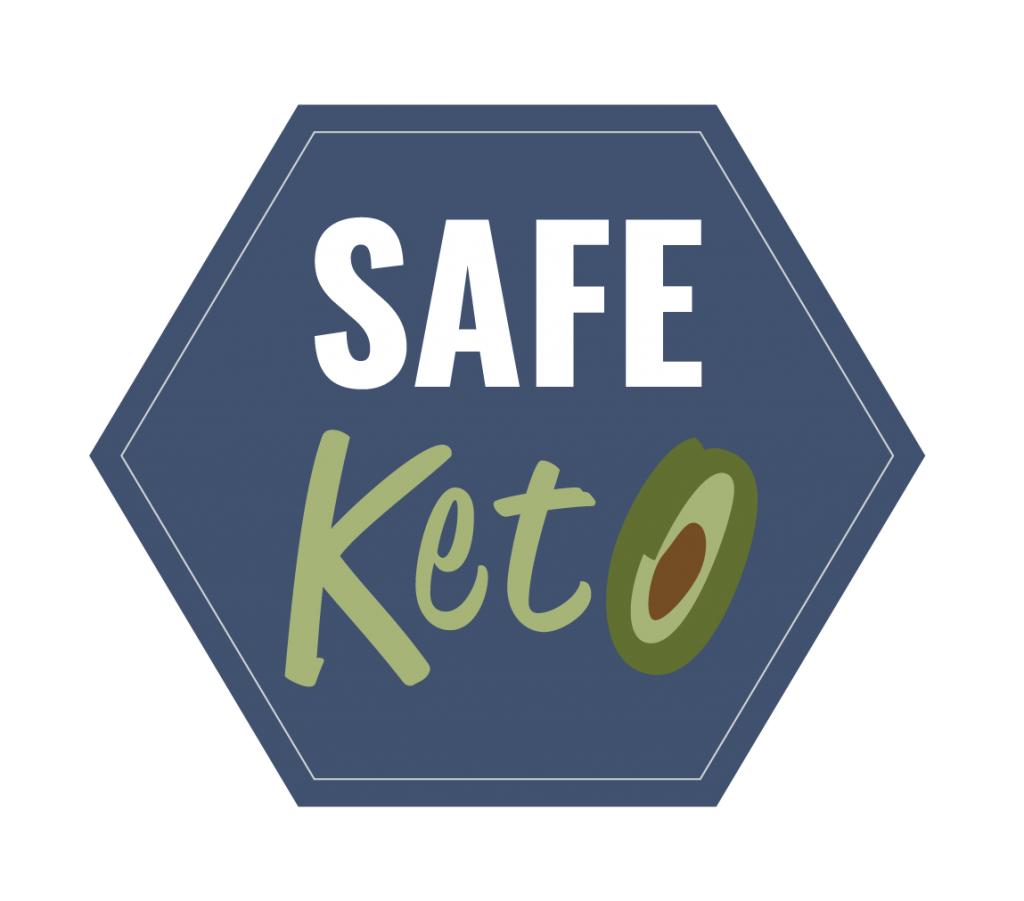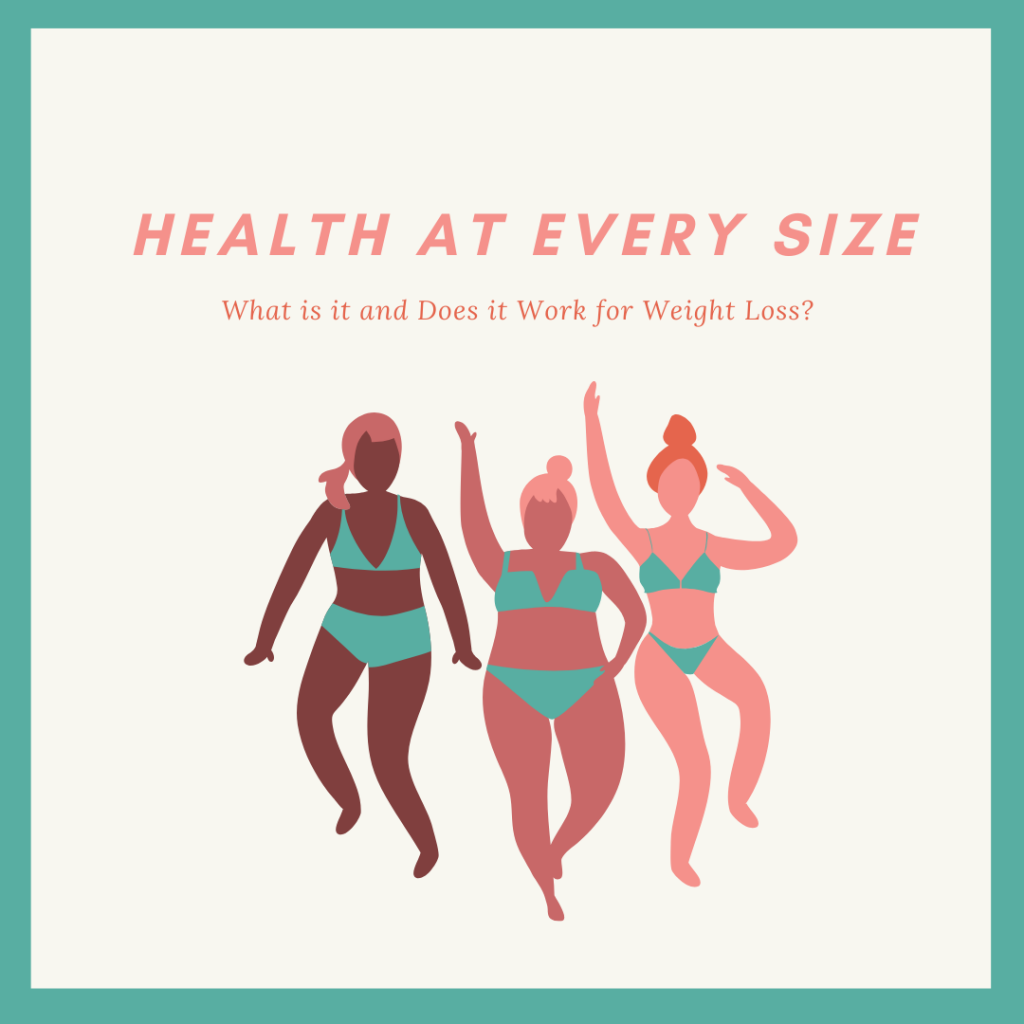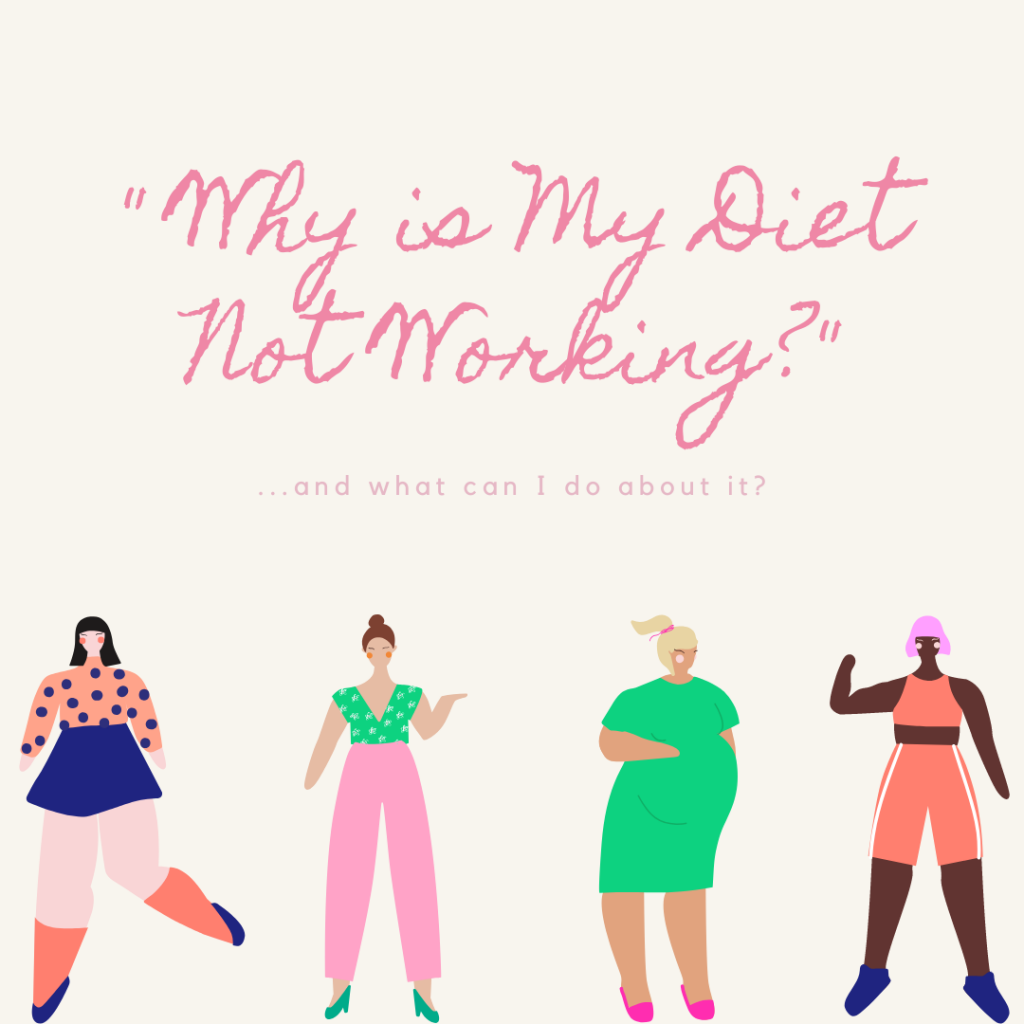
We’re excited that our 10-week Safe Keto for Weight Loss Program is up and running!
Learn More …
Peterborough Nutrition Consulting prides itself in providing the highest quality work to customers. Let us work with you to achieve your organizations’ health and nutrition goals. We’re here to serve you and answer any questions you may have.

We’re excited that our 10-week Safe Keto for Weight Loss Program is up and running!
Learn More …

If you’ve tried dieting in the past, you know that it’s pretty difficult to lose weight and keep it off long-term. The Health at Every Size (HAES) approach was developed because of this common experience when following traditional diets1.
The philosophy is based on the idea that bodies are naturally diverse in size, and that accepting this can help us focus on healthy habits rather than the pursuit of a weight loss goal1,2.
HAES emphasizes accepting the ineffectiveness of dieting for the pursuit of weight loss, and speaks to the importance of tuning into your body’s natural hunger and fullness cues2. The HAES philosophy states that someone’s ideal, healthy weight is the weight at which they settle when they are pursuing healthy eating, participating in exercise, and listening to their body’s cues1,2.
A common misconception of HAES is that it is promoting obesity, which is not the case. Instead, it supports the fact that everyone may not be at their healthiest weight right now, but as they move towards healthier behaviours, the weight that they end up at will likely be appropriate, whether it is classified by BMI standards as “overweight” or not1,2.
Is HAES Anti-Weight Loss?
No. The philosophy recognizes that there can be healthy and unhealthy weights for a person’s body3. HAES focuses on healthy behaviours, and if they happen to result in weight loss – okay. If not – also okay3. Instead of focusing on developing healthy behaviours in order to achieve weight loss, HAES wants people to implement these behaviours regardless of whether or not they result in weight loss3.
HAES also recognizes that weight loss does not automatically equal health3. Sometimes weight loss can result in improved health, but sometimes it may not. It may be the underlying behaviour change that is actually responsible for health improvements3.
Benefits of HAES – Can it Work for Weight Loss?
Studies have reported a range of positive health and behaviour changes after the initiation of a HAES-style eating pattern, including healthier food choices5. One study found that women who followed the principles demonstrated a lower susceptibility to hunger4. They also demonstrated a decrease in external hunger, meaning that they were less likely to feel like eating in situations when they weren’t hungry, like eating a doughnut at the office because it’s there4.
Studies have also reported other health benefits, such as improvements in biochemical markers like cholesterol levels and blood pressure1. In another study, women participating in a HAES intervention were found to have improved self-esteem, body image, and less depression compared to controls1,5.
Although the HAES approach may not directly result in weight loss, it can help improve your relationship with food which may lead to weight loss. When we’re better able to listen to our internal hunger cues (rather than what our minds or society tell us), we’re better able to eat to our body’s needs – potentially preventing overeating.
Finally, since the HAES approach can help us make healthier food choices, it’s likely that it can help us maintain weight5. Individuals following a HAES protocol were much more likely to maintain healthy lifestyle changes and health improvements long-term when compared with those participating in dieting interventions1. This is really important, since maintaining dietary changes is one of the hardest parts of dieting.
How Can You Start Introducing the HAES Principles in Your Everyday Life?
You might be wondering where to start. First, we’d suggest checking out some of the resources listed at the end of this article. There’s some great information out there to help you gain a better understanding of what this approach might look like. Once you feel comfortable, start incorporating some more of these practices into your everyday life.
What can you do now? Take on a new healthy behaviour without the goal of weight loss – maybe it’s adding a new recipe to your routine, or trying a new form of movement that you enjoy. See what works best for you!
Contributor: Madeleine Farquhor, BSc., MPH Nutrition and Dietetics (candidate)
Editor: Breanne Drury, RD, MHScEd (candidate)
Posted March 13, 2020
Resources:
References

Dieting is not rare in our society – some research has found that, at any one time, more than half of women are on a diet1,2. It makes sense that dieting is something that draws us in – the advertisements that we see on television and social media seem so appealing with their dramatic “before and after” images and promises of success. But how come when we try it ourselves, we don’t tend to see the same results?
Part of the reason could be that we are actually being too restrictive. In order to lose weight, our bodies need to be in a calorie deficit3. This means that we need to be taking in fewer calories than we’re burning3. This is perfectly logical, but some people take it too far:
“If being in a moderate calorie deficit helps me to lose weight, then being in an even greater calorie deficit should help me lose even more weight!”.
Extreme calorie restriction can have negative consequences on our bodies, thoughts and feeling, and can potentially stall weight loss efforts.
When we restrict too much, we become more sensitive to cravings. One study found that, compared to non-dieters, dieters reported more frequent and more intense food cravings4. This feeling many resonate with many. You may feel out of control around so-called “forbidden foods” which can lead to overeating and feelings of guilt afterward.
It’s important to recognize that you are not alone in feeling this way. It doesn’t mean that you lack self-control or willpower. It may simply be your body’s way of telling you that it needs more nutrition.
Despite popular opinion, giving in to our cravings can sometimes help us manage our weight4. It’s been found that, compared to those who resisted, dieters who gave in to their cravings reported a significant decrease in hunger and feelings of craving4. This means that, by allowing yourself to have a food that you really crave (and not substituting the craving with something else), you can move on with your day rather than remaining preoccupied with your intense desire for the food.
As well, eating the food you crave may be more beneficial than substituting it for another food item. Often, we’re prone to eating even more of the substitute than we would have in the first place if we just ate what we were craving. Seems crazy, right?! Next time you have a craving for something, I challenge you to try this out and see if it works for you.
Another reason why we aren’t as successful with dieting is that we’re too hard on ourselves when we have slip-ups. Dieting is associated with feelings of guilt, shame, lowered self-esteem, and self-blame5. Research shows that, when we “fail” at a diet, many of us blame ourselves or our personality traits for the lack of success5. This can become a cycle, where we continue to try diets, experience a lack of success, and then seek out the next best option5.
Instead of blaming ourselves when diets don’t go the way we hoped, it may be more productive to reflect upon why we were “unsuccessful”. Society and diet culture tell us over and over that, if we only tried harder, we would be able to lose the weight and keep it off for good. However, it’s important to recognize that it is not that easy. Diets with unrealistic expectations and restrictive plans are setting you up for failure.
So, what can you do to help reduce the cycle of dieting, failing, and then doing it all over again? Think about what you need from a diet. Some people prefer to have a support network, while others prefer a more solo effort using other weight loss tools like calorie counting or personal goal setting6.
It can also be helpful to consider barriers that you may need to overcome in order to be successful. Does your work schedule get in the way of eating healthy? Do you get sick of eating the same meals over and over? When we consider our barriers ahead of time, we can create proactive strategies to shut them down fast.
Finally, think about what would be sustainable for you. Does drinking diet shakes for all meals or only eating between the hours of 12-6pm make sense for the rest of your life? Probably not. Instead, try to think of your diet as a lifestyle change. It’s been found that people who look at dieting from this perspective are more likely to stick with a plan in the long-run2.
Most importantly, don’t be too hard on yourself if things don’t go as planned! Remember that dietary changes take work and nobody is perfect.
Contributor: Madeleine Farquhor, BSc., MPH Nutrition and Dietetics (candidate)
Editor: Breanne Drury, RD, MHScEd (candidate)
Posted March 13, 2020
References: